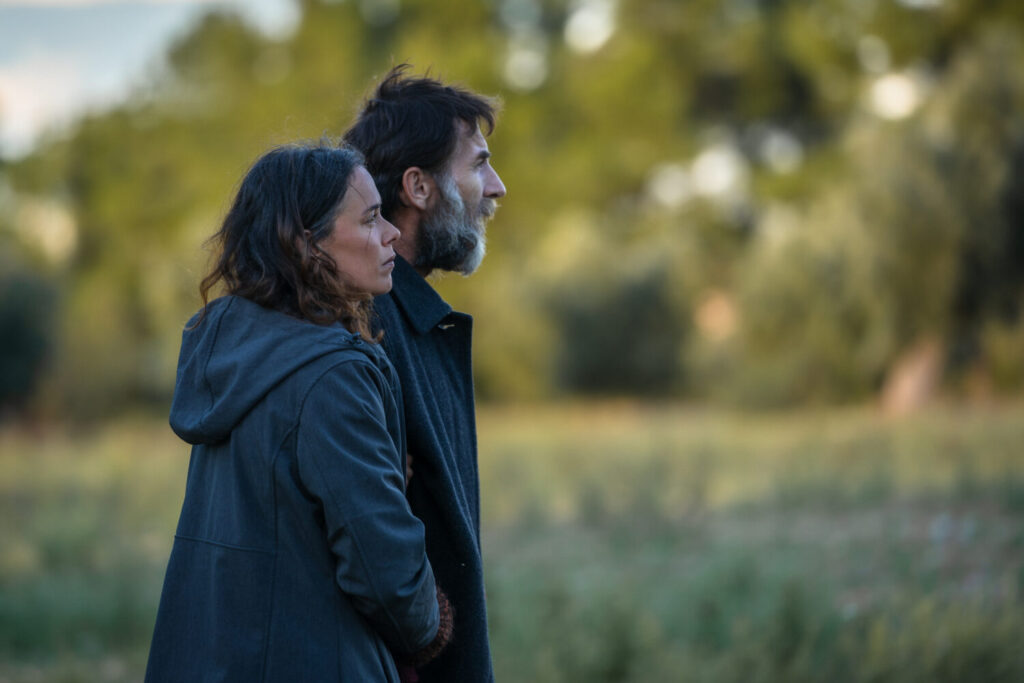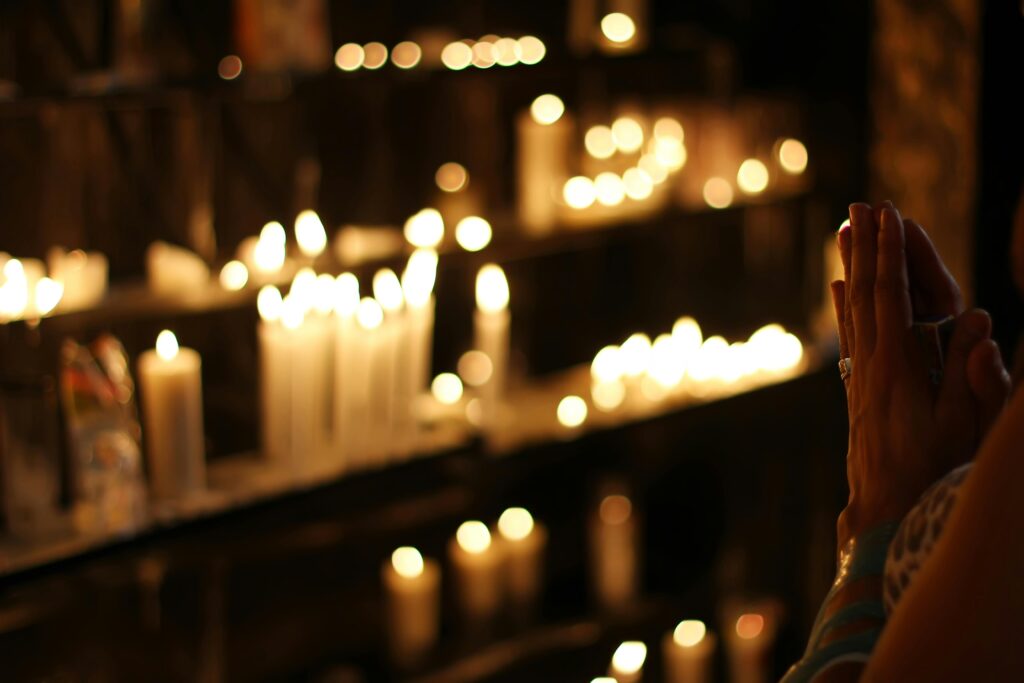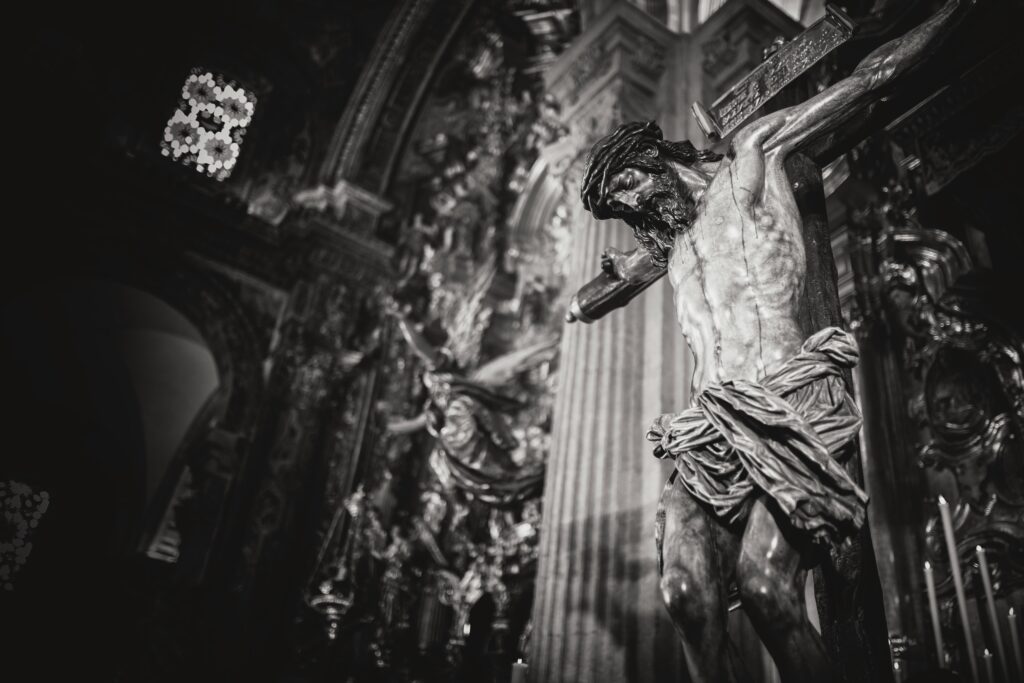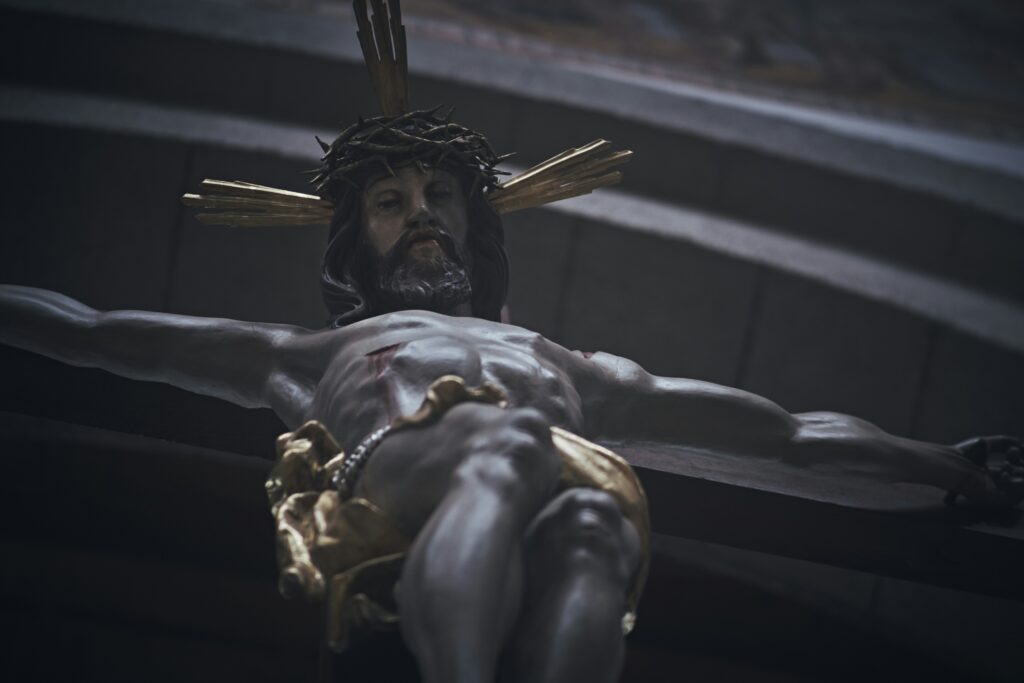The role of the family and palliative care in the face of the technification of death
The role of the family and palliative care in the face of the technification of death

Good cinema honours the best of humanity when, at the end of the film, it returns us to the most incarnated world and teaches us to look where it is necessary with hope. The Spanish filmmaker, Pilar Palomero, achieves this with the film Los Destellos by vindicating the family and palliative care at the end of life, in the face of the logic of the technification of death that deprives us of empathy, warmth and time to say goodbye lovingly. The film invites us to admire the sacred nature of existence, to respect human dignity and to open our hearts to the mystery that can offer us moments of beauty when we do not look at death with fear. The film is at the antipodes of the ode to euthanasia that Pedro Almodóvar makes in La Habitación de al lado.
The plot begins with Ramón (Antonio de la Torre) suffering from cancer in a terminal situation. His daughter Madalen (Marina Guerola) lives and studies Agricultural Engineering in Valencia. But every weekend she travels to a small town in Tarragona to see her father, spend time with him at the family home and, in the process, visit her mother. As her illness worsens, the young woman decides to move in with Ramón to spend as much time together as possible. She is willing to postpone her university studies in order to be with her father until the last moment. The decision initially upsets her mother. Isabel (Patricia López Arnáiz) has been separated from Ramón for more than fifteen years, has rebuilt her life with a new partner, Nacho (Julián López), is excited about the rehabilitation of an old farmhouse and does not want anything to spoil her island of daily happiness. In addition, she is completely opposed to Madalen interrupting her studies because she does not believe that Ramón will die as soon as her daughter suspects.
The unexpected plot twist, which radically changes Isabel’s plans and puts her in a tight spot, has to do with a request from Madalen. She requires her mother to be generous and to visit Ramón regularly, since the only company she has is her pet, a dog that she cannot even take out into the street because he lacks the strength. In exchange, the young woman agrees not to abandon her studies, at least temporarily, and to continue taking care of her father on the weekends. Isabel sees her ex-husband as a stranger and when she begins to visit him, resentments from a past that she thought she had overcome are rekindled.
However, the woman’s character will undergo a radical transformation as the weeks go by, and she will accompany Ramón in his most fragile and vulnerable moments. Isabel will manage to see her daughter’s father with new eyes, displacing the marital failure they experienced in the past to fully focus on living what is happening in the present moment. This evolution also redeems a relationship, that of mother and daughter, which was beginning to crack. “Aren’t you going to ask me, how is he, dad?” This is the young woman’s repeated question to her mother, not with a reproachful purpose, but rather aimed at facilitating the necessary self-reflection that leads to greater self-knowledge and broadens consciousness. Slowly, Ramón also modifies his attitude towards his former wife and breaks the barrier of immunity, distance and isolation that he believed protected him and guaranteed his control. Both learn to see not what has separated them, but what they are still capable of sharing.
Despite her youth, it is Madalen who teaches her mother to intuit what Ramón truly needs: love and closeness. Father and daughter enjoy simple things like watching a movie cuddling on the sofa, relive family photos, anecdotes and sweet moments and, on days with less energy, find in reading Platero y yo the best medicine.
 The dignity and sacredness of life
The dignity and sacredness of life
The film emphasises the loving support of the family and the moments of happiness shared, despite the sadness at the imminent loss. But it also underlines the primordial and deeply human support of palliative care. A doctor and two nurses come to Ramón’s house every day to provide him with everything he needs, which is often more spiritual than physical. “How are you coping? What scares or worries you?” the doctor asks him. Ramón answers: “It only hurts me that those around me are suffering and that I don’t see my daughter grow up or the beautiful things that will surely happen to her.” With extraordinary empathy and warmth, the doctor tries to dispel certain fears about pain and the proximity of death. In fact, he cannot assure him how long he has left to live, but he does provide him with serenity and a pearl of wisdom: “No one can take this moment away from you.” There is even a penetrating reflection by the doctor on the loss of rituals in death, the loss of community cohesion and the disorientation of the person, which deserve the viewer’s careful attention and listening.
On the other hand, the title of the film alludes to those moments of splendour and genuine happiness that make their way, even in the midst of pain. They are breaths that pump life with an unusual force when death is not viewed with fear and other aspects related to love and time-shared with loved ones are valued. In that case, the ending gives full meaning to what has been experienced. One of the most vibrant moments of the film that moves and caresses the soul of the viewer has to do with those flashes of beauty to which the film refers. The daughter and the father dance the song “A tu vera” merging in a tenderness that transcends time and space.
Pilar Palomero lets the film adapt to the slow rhythm dictated by the heart. Her ethical rectitude is expressed from the frames and the selected images to the few dialogues that make the spectator a witness to the evolution of the characters. What is important are the gestures and, above all, the silences, more eloquent than words in intimate moments. The filmmaker explores the end of life with empathy, kindness and simplicity, without falling into the temptation of making concessions to exhibitionism or morbid curiosity.
It should be noted that this film by Pilar Palomero can be considered antithetical to Pedro Almodóvar’s praise of euthanasia in his latest film, The Next Room. Faced with the technification of death, self-referential logic, the myth of autonomy and discourses on the availability of the body, the Spanish director invites us to humanize death. In this context, she relates palliative care with greater respect for the dignity of the person and the sacred nature of existence that requires attention to all dimensions of the human being.
The trap of “dignified death”
In Spain, the pandemic was used to promote legislation on euthanasia, using the euphemism of the right to a “dignified death”. However, this is nothing more than the dramatic expression of a reductionist anthropology, a reification, a depersonalization and a growing materialism linked to irrational visions of life based on the absence of suffering and permanent well-being. From this perspective, human life is denied its intrinsic value by making its dignity depend on certain conditions of physical, mental, and even economic health. And, by this rule of three, when one suffers from an irreversible illness and the quality of life seems diminished, what prevails is that it should not be prolonged any longer. Consequently, the sick end up acquiring the idea that they are a burden on their loved ones and that the sooner they are out of the way, the better. However, there are no lives more valuable than others, nor are there deaths more dignified or undignified, because dignity belongs to the person by virtue of being one and, of course, it is impossible to go through this life without experiencing pain at some point.
The propaganda in favour of euthanasia and assisted suicide has also had a negative impact and a distorting effect on palliative care. Some people, in an interested way, relate these to false ideas and concepts such as therapeutic cruelty and the artificial prolongation of life, using all possible means, whether proportionate or not.
Because of all the contradictions pointed out, a film like Los Destellos has so much value. Not only because of the courage of the director, Pilar Palomero, who dares to go against the grain of fashions and ideologies, but also because she seeks and offers truth. And, above all, because she claims the best version of human beings, which is to care for each other with all our souls. Domingo Moratalla teaches us the importance of keeping in mind that caring requires broadening the horizons of personal responsibility and facing inertias such as individualism, indifference or disconnection with others[1]. In contrast to the culture of death, this filmmaker’s film contrasts the culture of care that unites society and illuminates as gifts the fragility and dependence that are at the base of our empathy and, ultimately, embody us.
Amparo Aygües – Master’s Degree in Bioethics from the Catholic University of Valencia – Member of the Bioethics Observatory – Catholic University of Valencia
***
[1] Domingo Moratalla, A. (2022) Homo curans. The courage to care. Madrid: Ediciones Encuentro.
Related

“Praying is an immense privilege”
José Miguel Ponce
17 April, 2025
3 min

Cardinal Felipe Arizmendi: Jesus Continues to Suffer
Felipe Arizmendi
17 April, 2025
4 min

The classics educate in humanity
Francisco Bobadilla
16 April, 2025
3 min

Words That Illuminate Our Crosses
Mario J. Paredes
16 April, 2025
6 min
 (EN)
(EN)
 (ES)
(ES)
 (IT)
(IT)

